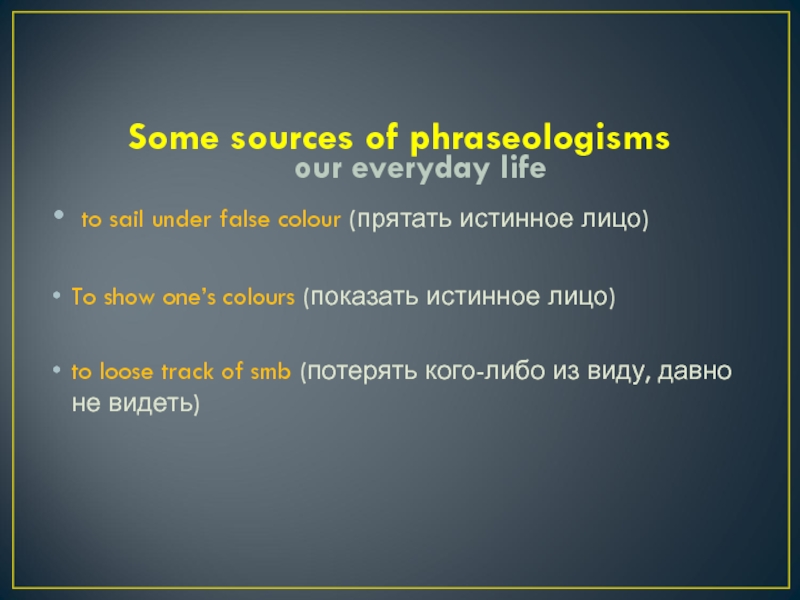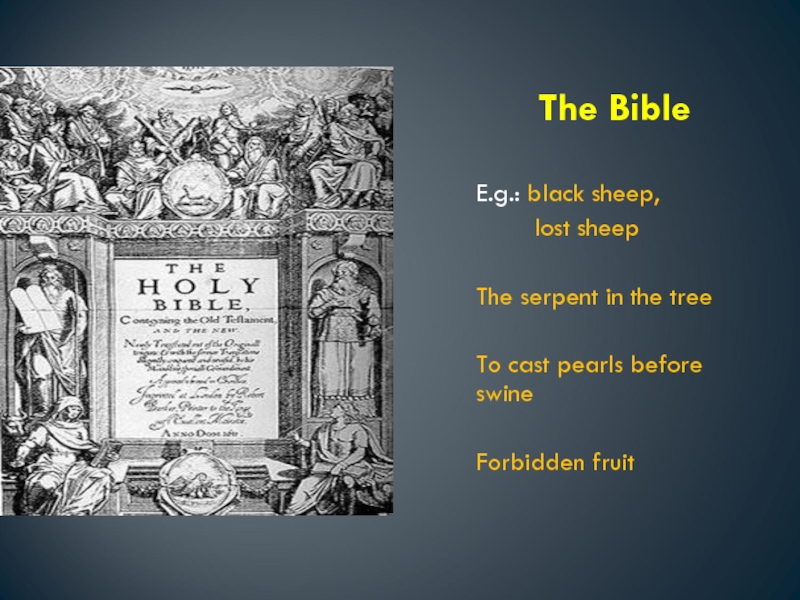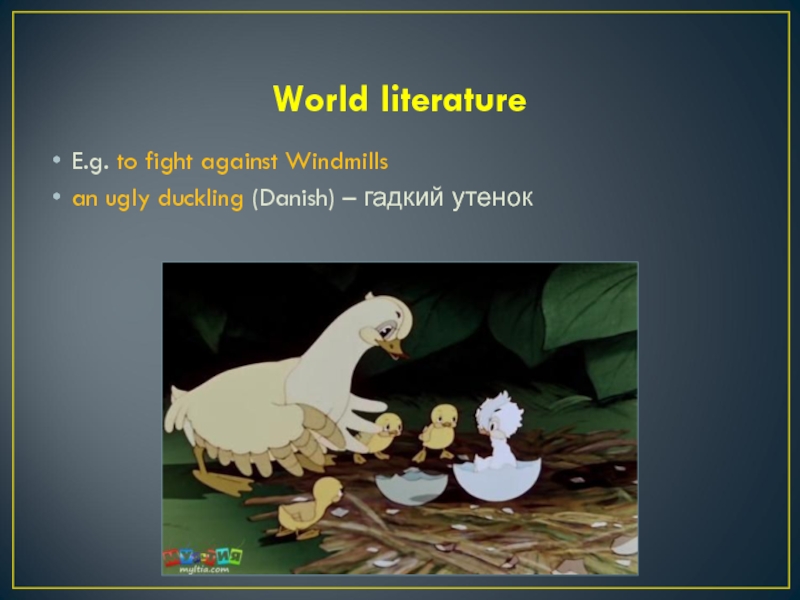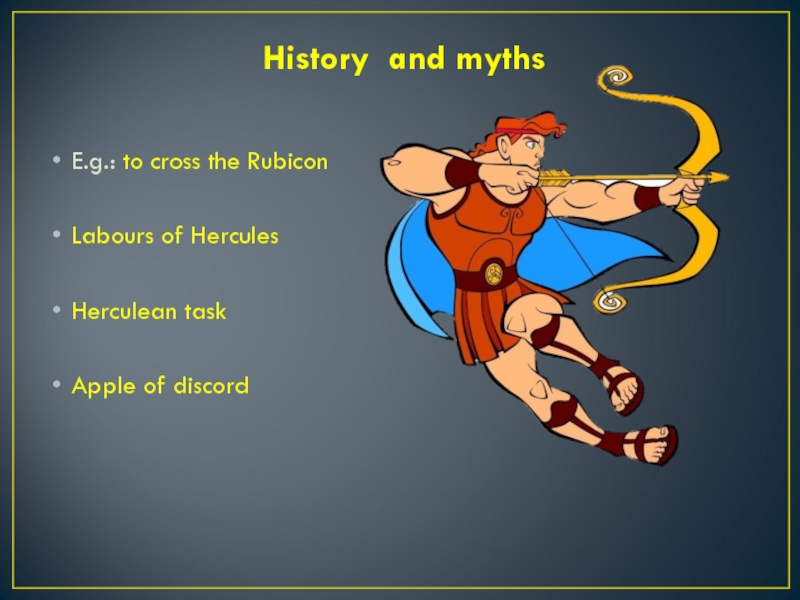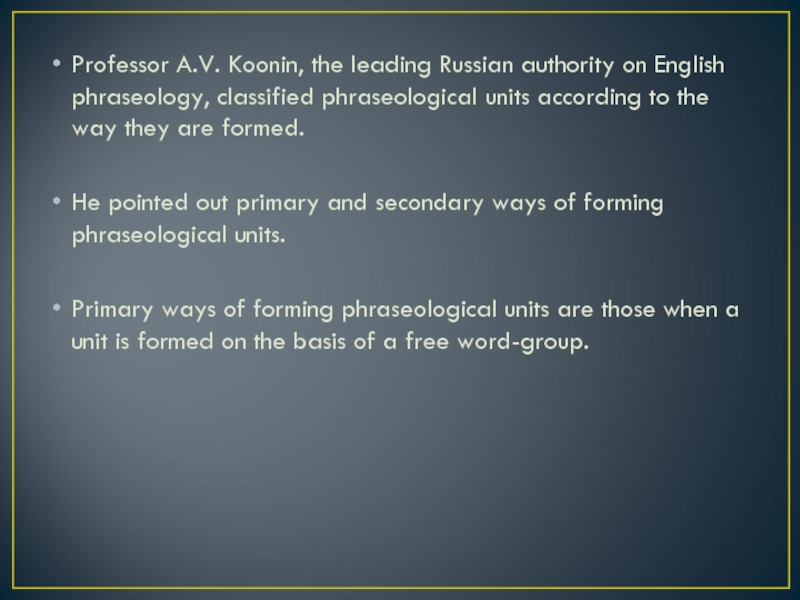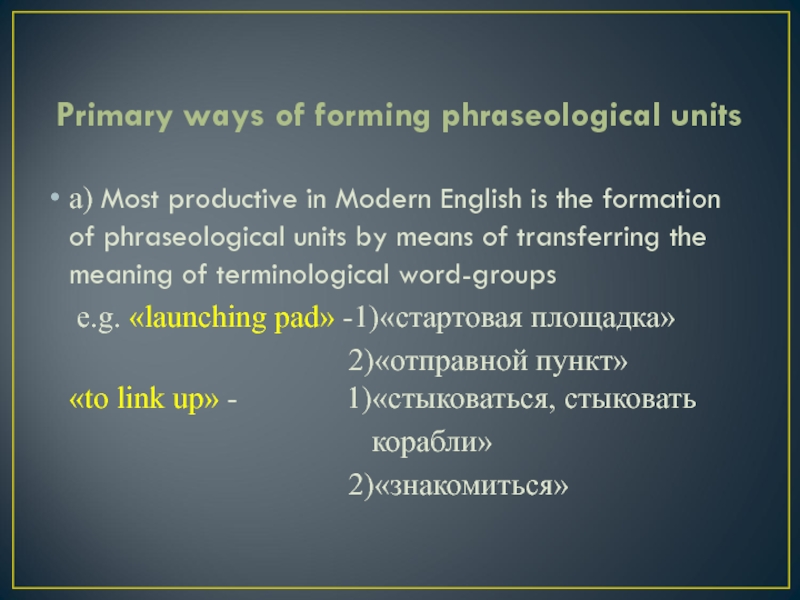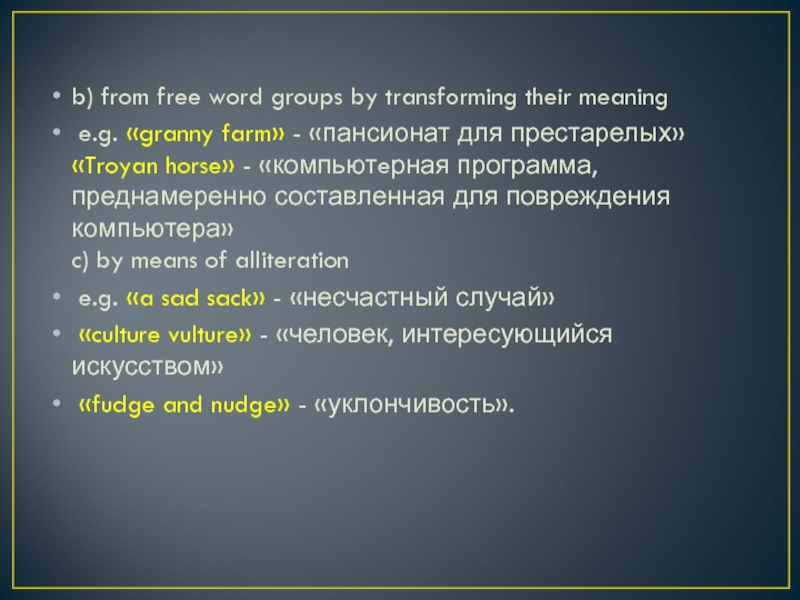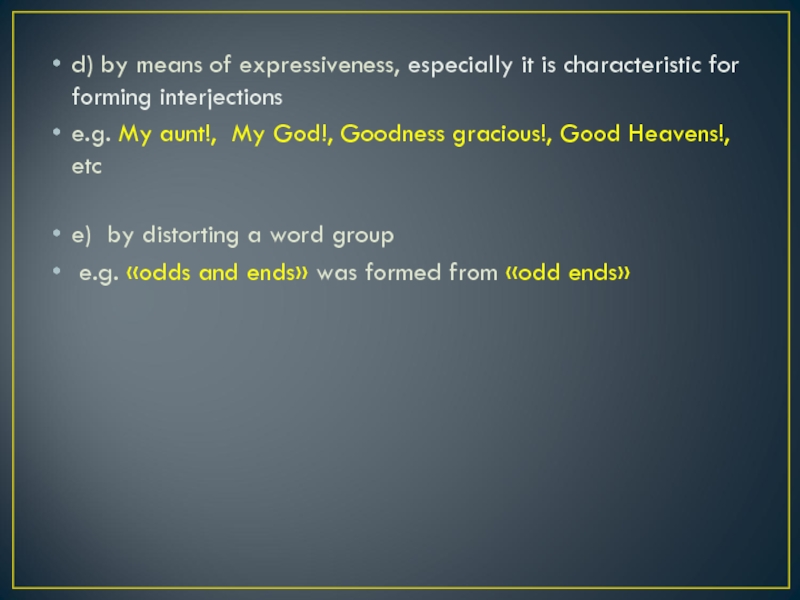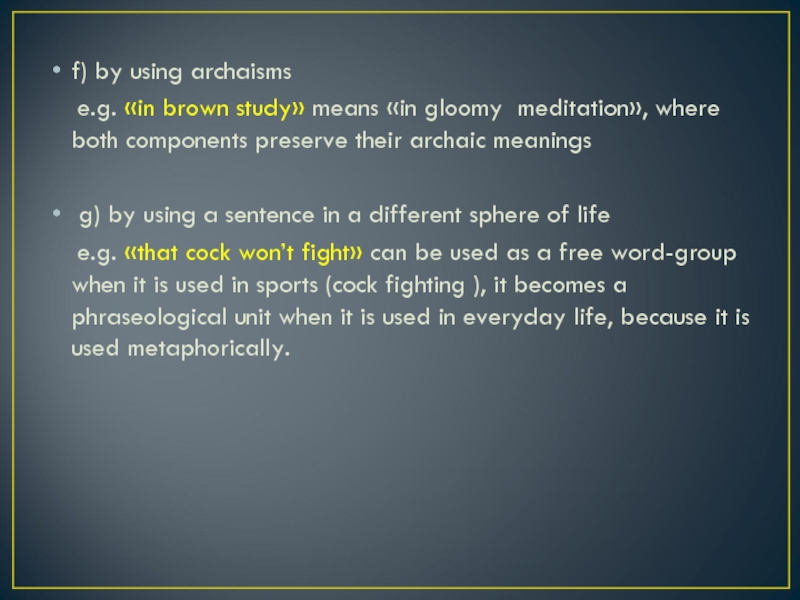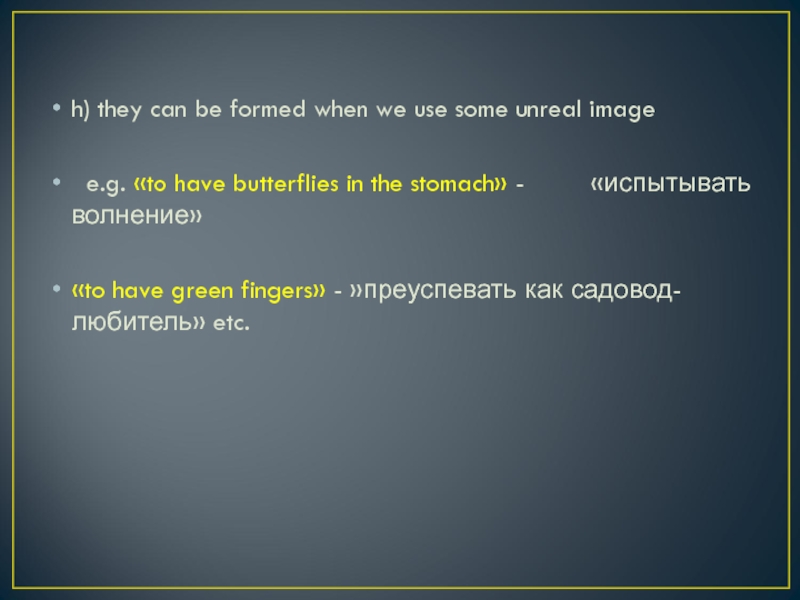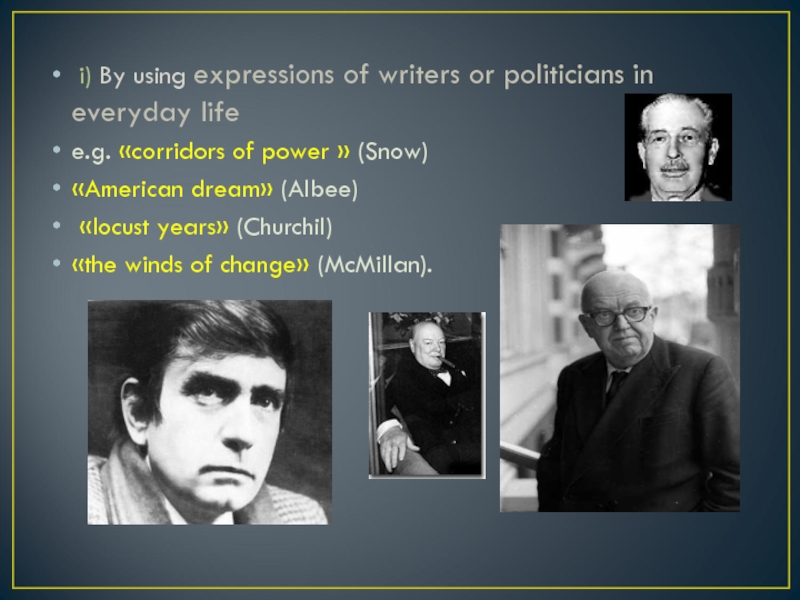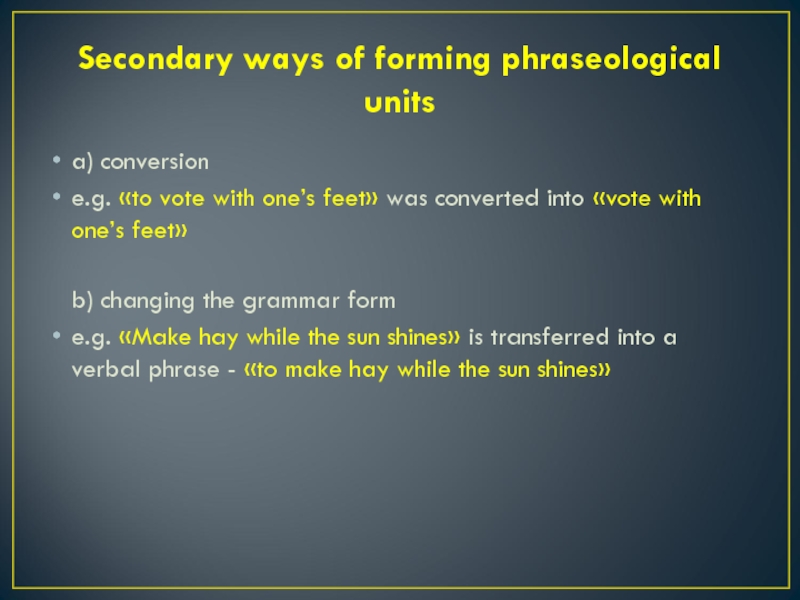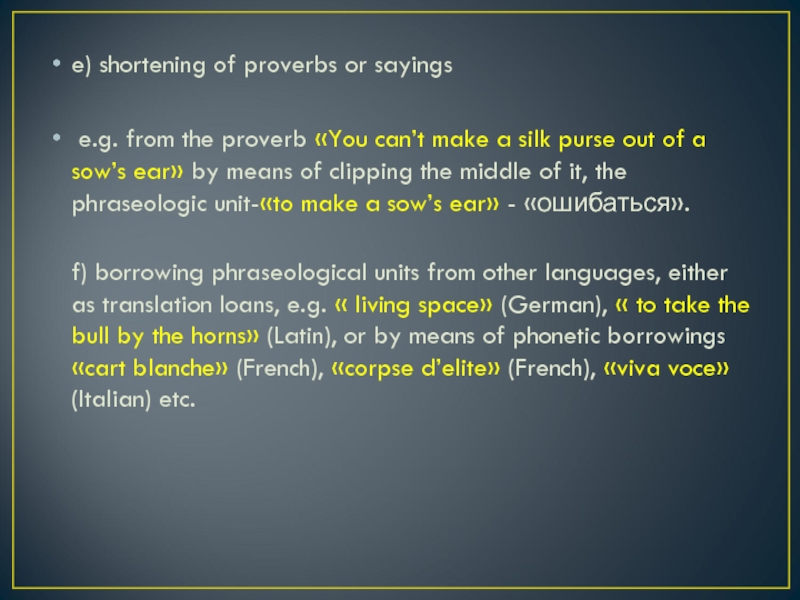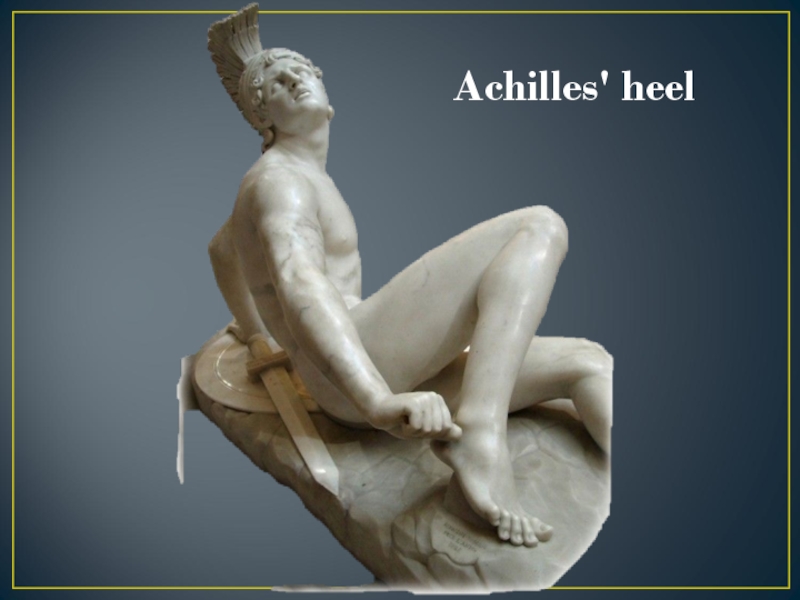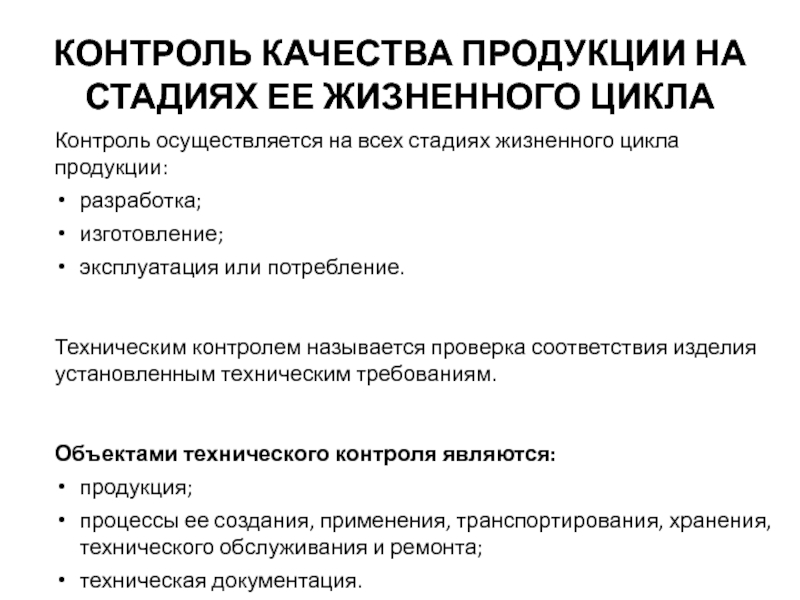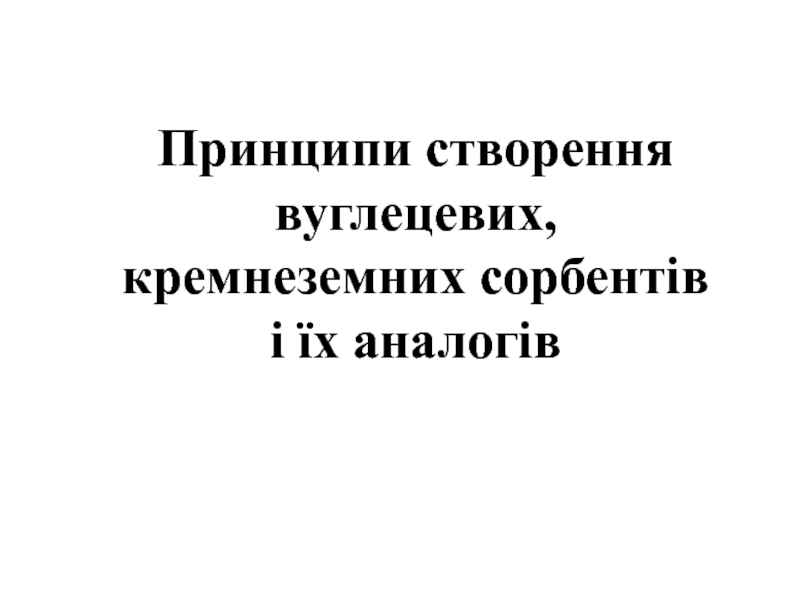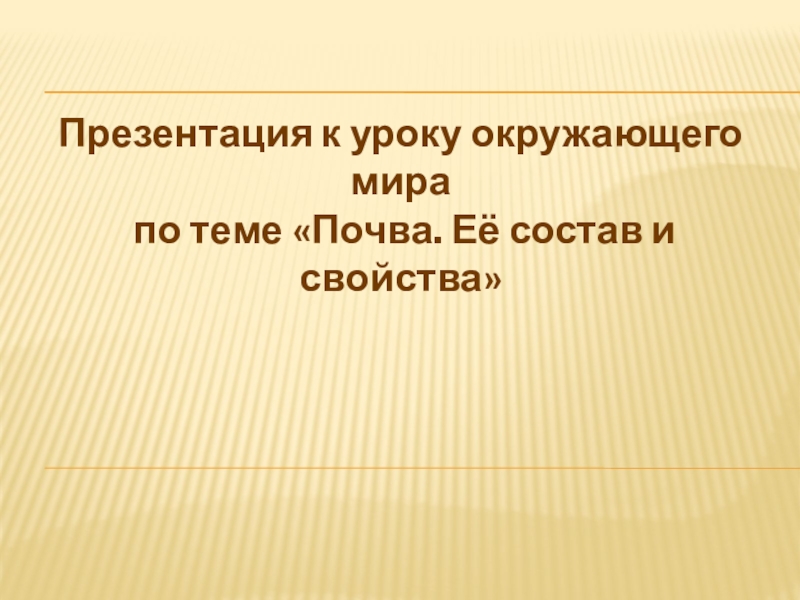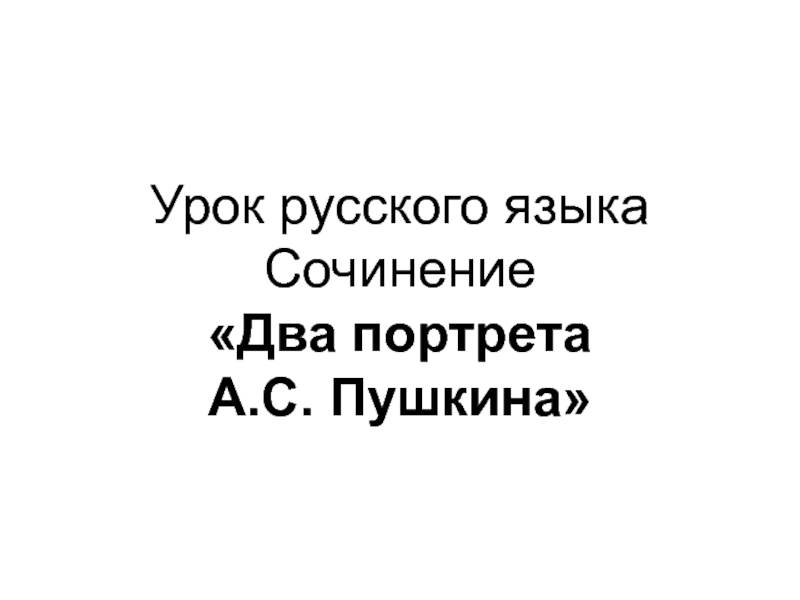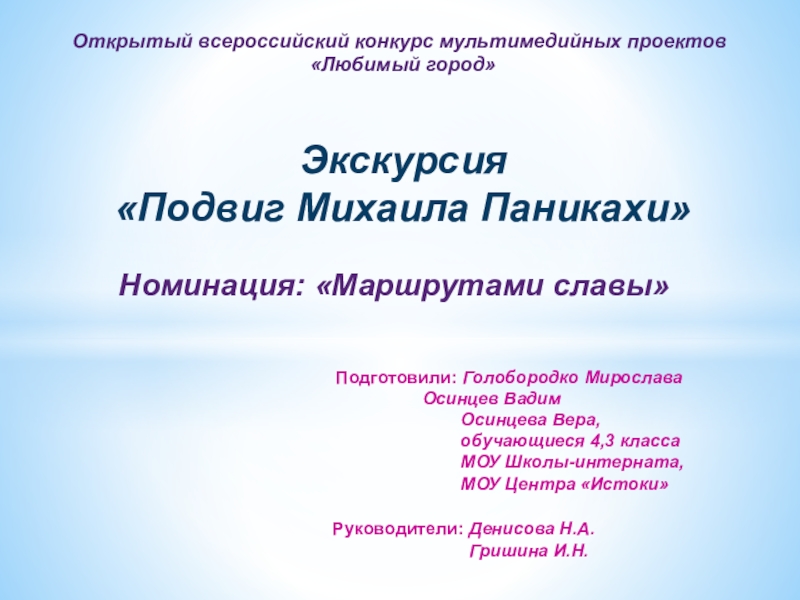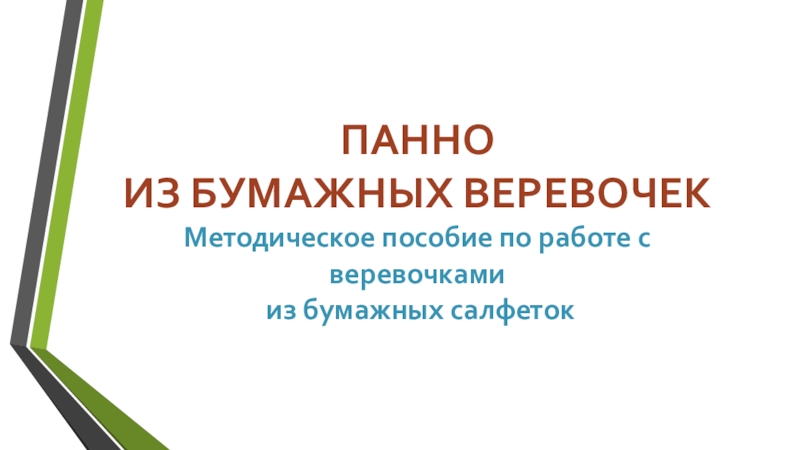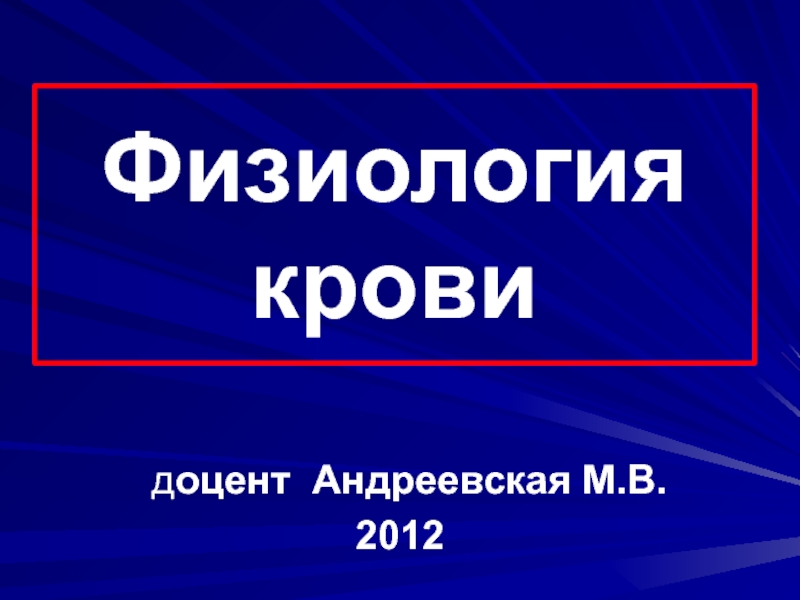Слайд 1The sources of phraseologisms
Слайд 2 PHRASEOLOGY
AND PHRASEOLOGICAL UNITS
Phraseology is a branch of linguistics
which
studies different types of set expressions, which like
words
name various objects and phenomena.
They exist in the language as ready-made units.
Слайд 3Some sources of phraseologisms
our everyday life
to sail under false colour (прятать истинное лицо)
To show one’s colours (показать истинное лицо)
to loose track of smb (потерять кого-либо из виду, давно не видеть)
Слайд 4The Bible
E.g.: black sheep,
lost sheep
The serpent
in the tree
To cast pearls before swine
Forbidden fruit
Слайд 5World literature
E.g. to fight against Windmills
an ugly duckling (Danish)
– гадкий утенок
Слайд 6 History and myths
E.g.: to cross the Rubicon
Labours of Hercules
Herculean
task
Apple of discord
Слайд 7Professor A.V. Koonin, the leading Russian authority on English phraseology,
classified phraseological units according to the way they are formed.
He pointed out primary and secondary ways of forming phraseological units.
Primary ways of forming phraseological units are those when a unit is formed on the basis of a free word-group.
Слайд 8Primary ways of forming phraseological units
a) Most productive in Modern
English is the formation of phraseological units by means of
transferring the meaning of terminological word-groups
e.g. «launching pad» -1)«стартовая площадка»
2)«отправной пункт» «to link up» - 1)«cтыковаться, стыковать
корабли»
2)«знакомиться»
Слайд 9b) from free word groups by transforming their meaning
e.g.
«granny farm» - «пансионат для престарелых» «Troyan horse» - «компьютeрная
программа, преднамеренно составленная для повреждения компьютера»
c) by means of alliteration
e.g. «a sad sack» - «несчастный случай»
«culture vulture» - «человек, интересующийся искусством»
«fudge and nudge» - «уклончивость».
Слайд 10d) by means of expressiveness, especially it is characteristic for
forming interjections
e.g. My aunt!, My God!, Goodness gracious!, Good
Heavens!, etc
e) by distorting a word group
e.g. «odds and ends» was formed from «odd ends»
Слайд 11f) by using archaisms
e.g. «in brown study» means
«in gloomy meditation», where both components preserve their archaic meanings
g) by using a sentence in a different sphere of life
e.g. «that cock won’t fight» can be used as a free word-group when it is used in sports (cock fighting ), it becomes a phraseological unit when it is used in everyday life, because it is used metaphorically.
Слайд 12h) they can be formed when we use some unreal
image
e.g. «to have butterflies in the stomach» -
«испытывать волнение»
«to have green fingers» - »преуспевать как садовод-любитель» etc.
Слайд 13 i) By using expressions of writers or politicians in
everyday life
e.g. «corridors of power » (Snow)
«American dream» (Albee)
«locust years» (Churchil)
«the winds of change» (McMillan).
Слайд 14Secondary ways of forming phraseological units
a) conversion
e.g. «to
vote with one’s feet» was converted into «vote with one’s
feet»
b) changing the grammar form
e.g. «Make hay while the sun shines» is transferred into a verbal phrase - «to make hay while the sun shines»
Слайд 15c) analogy
e.g. «Curiosity killed the cat» was transferred into
«Care killed the cat»
d) contrast
e.g. «cold surgery» - «a
planned before operation» was formed by contrasting it with «acute surgery»
«thin cat» - «a poor person» was formed by contrasting it with «fat cat»
Слайд 16e) shortening of proverbs or sayings
e.g. from the proverb
«You can’t make a silk purse out of a sow’s
ear» by means of clipping the middle of it, the phraseologic unit-«to make a sow’s ear» - «ошибаться».
f) borrowing phraseological units from other languages, either as translation loans, e.g. « living space» (German), « to take the bull by the horns» (Latin), or by means of phonetic borrowings «cart blanche» (French), «corpse d’elite» (French), «viva voce» (Italian) etc.


